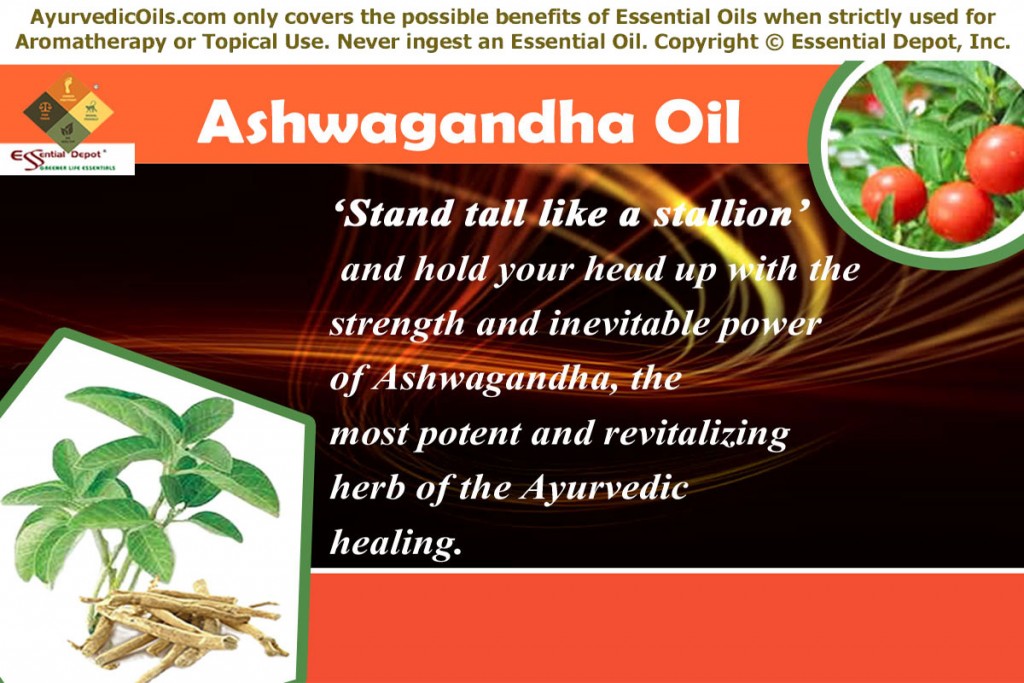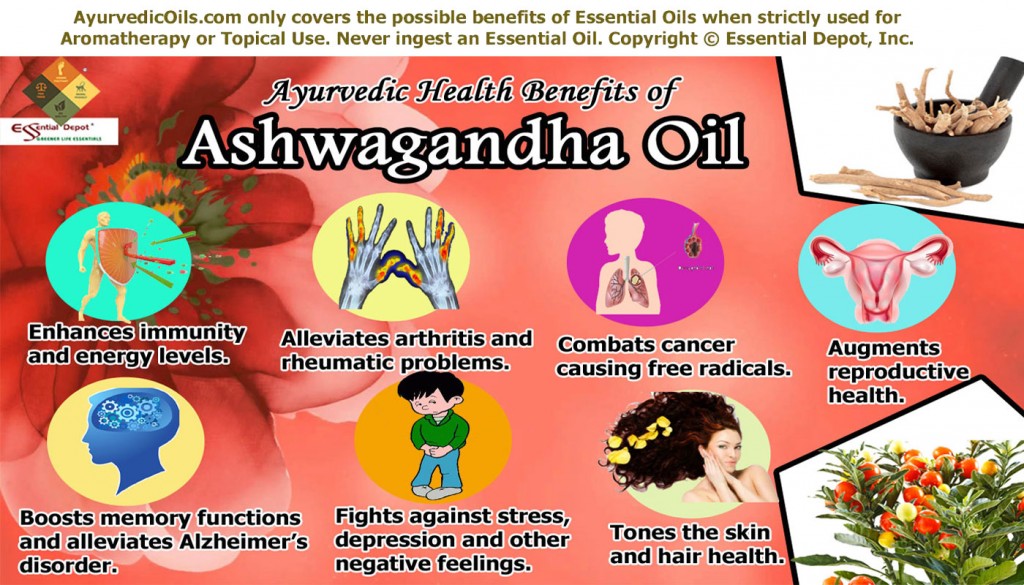Flowers are always the fervent favorites of poets all over the world and greatly to everyone’s wonder; Jasminum Officinale is lovingly called as Poet’s Jasmine, Common Jasmine or Jessamine. The essential oil of Jasmine is extracted from the flowering buds by solvent extraction method. It is known as Jati, Johi and Chameli in Ayurveda and has been used for treating hiccoughs, poisonous stings, anger, sexual disorders, menopausal problems, post-natal depression, respiratory problems and skin diseases. The attar varieties and perfumes made from Jasmine are famous for more than thousands of years in various traditions of the world.
Purchase Jasmine Oil PG Grade – Wholesale – CLICK HERE
Historical uses of Jasmine Oil: Jasminum Officinale has its origin in central parts of Asia mainly in Northern India and China. It was the Moors who brought Jasmine to Spain after which its cultivation slowly spread to Morocco, France, Japan, Turkey and Italy. Jasmine is the national flower of Pakistan and its shield is represented by the floral wreath of Jasmine shrubs.
Since the prehistoric period, Jasmine flowers and the various parts of this evergreen plant including the leaves and roots have been in use for medicinal, culinary, ceremonial and aromatic uses. History denotes that the enchanting aroma of Jasmine flowers encircle the evening time with the magic of love, mystical thoughts, psychic dreams and endless fascination.
Jasmine is used as an important flower in the religious ceremonies in the Indian subcontinent and it is given as a sacred offering to Lord Vishnu. The garlands made with these flowers are considered as symbol of respect and used for welcoming special guests. These flowers are used as ornaments for hair and for offering Vedic rituals.
Jasmine has also been used as an ancient remedy for treating poisonous bites and stings. Jasmine oil was a popular anointing oil for Kings and affluent people during the times of Lord Buddha. It is also used in Indonesia for making garlands, hair ornaments and as a well-liked garnish.
This aromatic herb has been a vital part of the Traditional Chinese Medicine as an aphrodisiac and for certain other medicinal purposes. They used it in folk medicine for treating hepatitis in Southern China. A 2009 study on ‘Antiviral efficacy against hepatitis B virus replication of oleuropein isolated from Jasminum officinale L. var. grandiflorum’ published in the Journal of Ethnopharmacology proved Jasmine officinale as a potential therapeutic agent for treating infections caused by Hepatitis B virus (HBV).
Chemical constituents and therapeutic properties of Jasmine essential oil: There are about 100 chemical components in Jasmine essential oil and the major ones are methyl anthranilate, benzoic acid, indole, linalool, ketone, linalyl acetate, nerol, benzyl acetate, cis- jasmone, farnesol, benzyl alcohol, benzaldehyde, nerolidol, cis-3-hexenyl benzoate and y-terpineol.
These components contribute to its remedial properties like anticancer, antidepressant, antiseptic, emmenagogue, galactogogue, astringent, analgesic, stimulant, uterine, sedative, expectorant, aphrodisiac, parturient, antispasmodic, diuretic, cicatrisant, anti-inflammatory, antibacterial and anthelmintic.
Ayurvedic health benefits of Jasmine essential oil: Ayurveda is the knowledge of life that preached the healing discipline all over the world with absolute justice. This ancient healing methodology aged 5,000 plus years is known as the mother of all the healing systems on earth. Ayurvedic healing gave a new-fangled dimension to health as this elevated system aimed at enhancing physical health, strength of the psyche and the soul that witnesses the presence of life in a human being.
Other than Ayurveda, no other medicinal practice in this world considers human body as a temple where the eternal soul dwells in. It is for this noble reason, Ayurveda recommends human beings to keep their mind, body and the environment clean and healthy for the spirit to reside in harmony. When this harmony happens, human beings develop a strong system mentally, physically and spiritually paving way for healthy aging and longevity.
According to Ayurveda, the world and everything in this world are made up of five major elements known as Pancha Mahabhutas. They are water, earth, space, fire and air. These five elements combine together to form three predominant doshas or Ayurvedic body types. This helps in understanding the unique individual constitution of each and every person.
Every individual has a predominance of any one of these doshas that determine their personality, traits and behavior. Balance between these Ayurvedic body types symbolizes health and dosha imbalances lead to sickness. Ayurvedic remedies focus on striking perfect balance between these doshas and treatment varies from individual to individual even for the same sickness based upon their unique constitution.
Herbs, meditation, essential oils, Ayurvedic routine, healthy balance diet, yoga, prayers and simple physical exercises are the chief Ayurvedic remedies prescribed for health and heartiness. Jasmine essential oil is a tridosha oil that calms all the three doshas specifically the aggravation of pitta dosha in the head. It’s time to look at the Ayurvedic health benefits of Jasmine essential oil based upon the method of usage.
1. In Abhyanga or Ayurvedic massage therapy: Human skin is fundamentally the largest organ of the body. It acts as an excellent barrier for preventing the easy entry of harmful micro-organisms into the body. Ayurvedic massage therapy is the art of massaging with remedial essential oils.
Massaging your body with 5 drops of Jasmine oil blended with 2.5 ml Jojoba oil aids in treating depression, postpartum blues, pain, headache, rheumatism, nervousness, muscular pain, insomnia, tension, negative feelings and stress. It works like a wonder as the therapeutic properties of this oil penetrate deeply into the skin and pass on through the bloodstream. It calms the nerves, soothes the senses and inculcates self-confidence. This massage also aids in alleviating stress and depression by uplifting your mood and promoting relaxation for your system.
Massaging your scalp with 5 drops of Jasmine oil blended with 2.5 ml Almond oil helps in nourishing the scalp, treat anxiety, grant relaxation, enhance memory, improves hair health and leaves behind a natural fragrance. This massage is also helpful in treating headache, tension, confusions and lack of concentration.
As massage oil, Jasmine essential oil can also be of great assistance in treating male and female reproductive problems by promoting the secretion of male and female hormones testosterone and estrogen. With its emmenagogue properties, Jasmine essential oil helps in regularizing blocked menstruation, assist menopausal symptoms (like hot flush), reduce menstrual pain and other symptoms of menstruation by massaging your abdomen with this healing blend.
2. In baths and steam inhalation: Add 2 drops of Jasmine essential oil in warm bathing water for treating fatigue, anxiety, nervous tension, depression, premenstrual syndrome, muscular spasms and loss of sexual interest. Taking bath in this medicated water before going to bed can help in relaxing your mind and body, promote libido in both men and women, protect from dreadful dreams, stimulate the senses, induce peaceful sleep and loosen mucus and phlegm deposits. 1 drop of Jasmine oil added to foot bath can assist in calming down your mind and body, promote relaxation of sore muscles and reduce fever.
Adding 2 drops of Jasmine essential oil to steam inhalation helps in treating respiratory problems like cold, cough, bronchitis and sinusitis by clearing out the excess phlegm deposits and nasal congestion. This healing value is attributed to the antiviral and expectorant properties of Jasmine oil.
3. In vaporizers, burners and aroma lamps: Jasmine essential oil is an excellent remedy for alleviating depression, loss of interest, stress and other mental woes. All these pre-occupied thoughts in your mind will steal your peaceful sleep at night ending up in a mess at office in the morning. Jasmine essential oil has been proved to stimulate the mind and reduce symptoms of stress and depression.
By adding 2 drops of Jasmine oil to your diffuser, burner or vaporizer, you get to inhale the aromatic molecules of this heavenly oil, which passes through the nasal passages and reach the limbic system of the brain. It is known as the brain’s control center that transmits message to the mind and body for controlling feelings and emotions and thus transforming one’s behavior positively. You can sense the difference visibly as the biological factors like blood pressure, heart rate, breathing mechanism, immune functions and stress levels tend to turn normal and leave you relaxed and recharged.
Inhaling the invigorating aroma of Jasmine oil has also been said to treat pitta aggravation in the head that is responsible for loss of temper, insanity, loss of memory and certain other mental disturbances. It helps you control your anger, regain your memory power, augment your confidence level, give a lift to the attributes of love and respect for self and others and grants mental clarity.
The sensual fragrance of Jasmine essential oil especially during the night can turn on your love quotient. Jasmine has been used as a natural aphrodisiac for numerous centuries to improve the sexual drive and libido in men and women, treat impotence and frigidity, promote the natural flow of sexual feelings and instill love, trust and confidence in the partner.
4. In daily creams and lotions: Jasmine essential oil has amazing benefits for the skin. 2 drops of this oil added to your regular skin care creams and lotions assist in improving the texture of your skin, reduce blemishes, improves your skin tone and elasticity, moisten the skin, and treat allergies, open wounds and dermatitis. The cicatrisant and collagen enhancing properties of Jasmine essential oil makes it an exceptional remedy for lessening scars and stretch marks. Applying this aromatic lotion daily will guard your skin from the harmful microbes and help you stay fresh and fragrant throughout the day.
Other health benefits: Jasmine and its essential oil is also effective in treating diabetes mellitus, headache, scorpion stings, eye diseases, cancer, labour pain, addiction and uterine disorders.
According to a 2008 study on ‘Anti-Cancer Flower Power: Researchers Combat Cancer With A Jasmine-Based Drug’ published in the Science Daily, Prof. Flescher reveals that the synthetic compound jasmonate extracted from Jasmine is effective in treating cancerous tumors. The peer commentary also supports this research by saying “Methyl jasmonate has already been shown to have selective anticancer activity in preclinical studies, and this finding may stimulate the development of a novel class of small anticancer compounds.”
Disclaimer: This is only for the purpose of information and is not proposed to make a diagnosis or replace any prescribed medication or professional medical advice. Never ingest essential oils and always use them in a diluted form because organic and pure essential oils are highly concentrated liquids and can harm you if used directly on the skin. It is advisable to do a small patch test on your skin before using essential oils regularly. Consult your Ayurvedic practitioner before using the appropriate essential oils for your unique health condition and individual constitution. Care should be taken before using Jasmine essential oil if you are a pregnant or nursing mother.
Thought for the day:
Out in the lonely woods the jasmine burns Its fragrant lamps, and turns Into a royal court with green festoons The banks of dark lagoons. -Henry Timrod
Suggested Reading:
- The Encyclopedia of Essential Oils: The Complete Guide to the Use of Aromatic Oils In Aromatherapy, Herbalism, Health, and Well Being by Julia Lawless
- Captivate Your Senses: Sensual Jasmine (A Scented Book Series) by Unknown
- The Encyclopedia of Aphrodisiacs: Psychoactive Substances for Use in Sexual Practices by Christian Rätsch, Claudia Müller-Ebeling
- Aromatherapy for Healing the Spirit: Restoring Emotional and Mental Balance with Essential Oils by Gabriel Mojay
Reference Links:
- Jasminum Officinale by Wikipedia
- Health benefits of Jasmine essential oil by Organic Facts
- Jasmine by Kamlesh Ayurveda
- Antiviral efficacy against hepatitis B virus replication of oleuropein isolated from Jasminum officinale L. var. grandiflorum by Guiqin Zhao, Zhifeng Yin and Junxing Dong published in the Journal of Ethnopharmacology
- Anti-Cancer Flower Power: Researchers Combat Cancer With A Jasmine-Based Drug published in Science Daily.com


